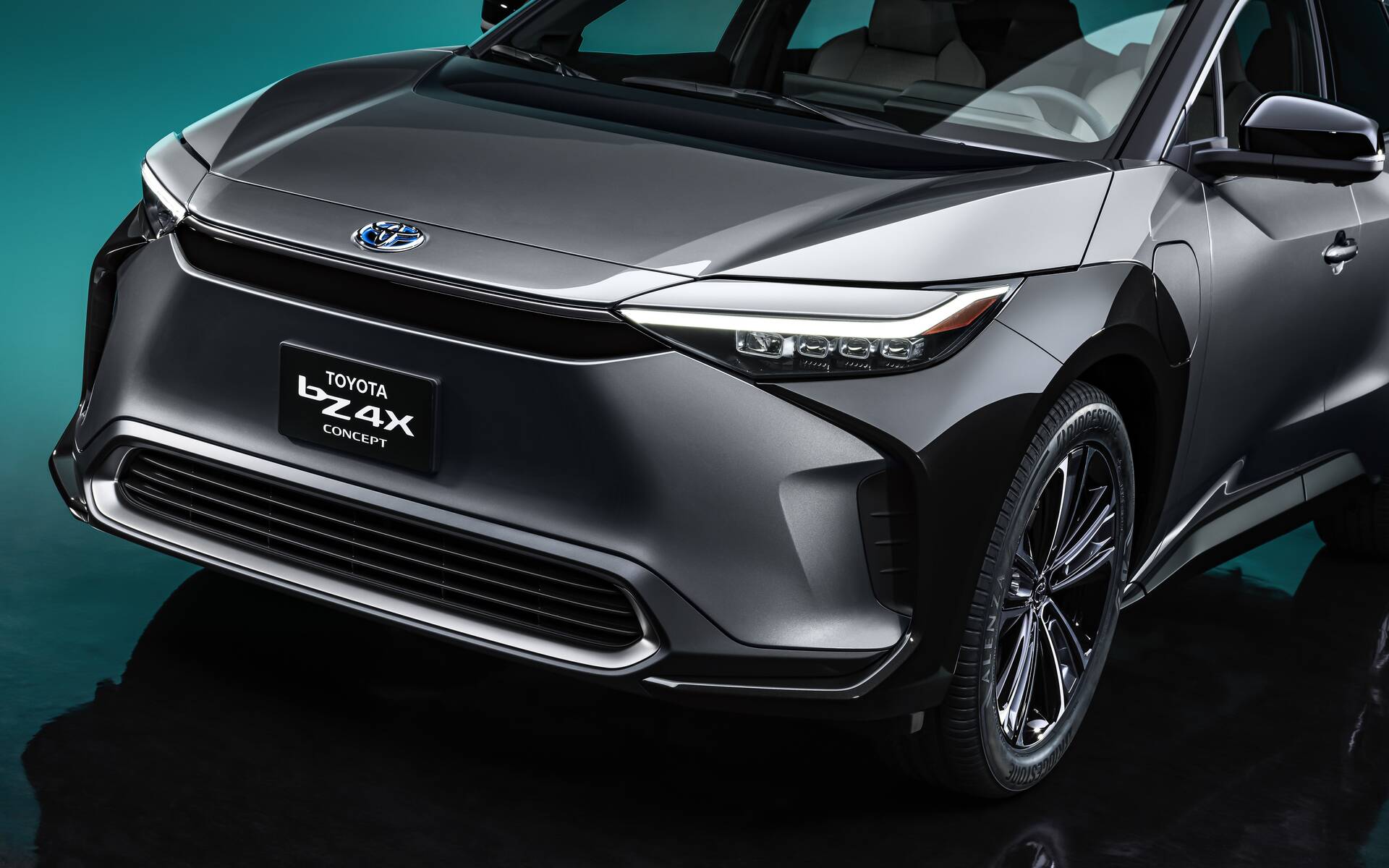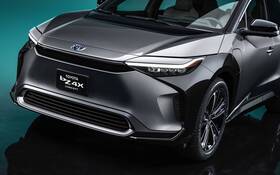Toyota Chief Scientist’s Latest Remarks on EVs Fuel Controversy
Hybrid-loving Toyota continues to advocate against a full shift to all-electric vehicles as more and more governments around the world say they want to ban gasoline engines at some point in the next decade.
After Toyota CEO Akio Toyoda and Toyota Canada VP Stephen Beatty, it’s now the Japanese automaker’s chief scientist going on a public rant about EVs.
- Also: Toyota, Stellantis Announce EV Battery Plants in North America
- Also: Record-breaking Toyota Mirai Goes 1,360 Km on Single Tank of Hydrogen
"It's not for us to predict which solution is the best or say only this will work," Gill Pratt said last week at the Reuters Events Automotive Summit.

Believing in a "diversity of drivetrains" to give customers different tools to reduce CO2 emissions, his message essentially is that not everybody should drive a battery electric vehicle. According to Pratt, government incentives should be aimed at reducing carbon emissions, not picking which technology is the best way to achieve those goals.
Many critics argue Toyota is simply trying to buy time because it preferred to spend all those years working on hybrids and fuel cells instead of battery-powered EVs.
The maker of the Prius, RAV4 Prime and Mirai does sell the fully electric Lexus UX 300e over in Europe, and next year it will launch the production version of the bZ4X concept (pictured below) in multiple markets.

As previously reported, approximately $3.4 billion USD ($4.2 billion CAD) will be poured into automotive batteries in the U.S. through 2030—part of a global investment of $13.5 billion USD ($17 billion CAD)—but the plan is to first focus on producing batteries for hybrids. Toyota aims for electrified vehicles to account for 70 percent of its North American sales volume by 2030.
These figures, however, are lower than what many top competitors plan to invest into EV technology including GM, Ford and Volkswagen.












